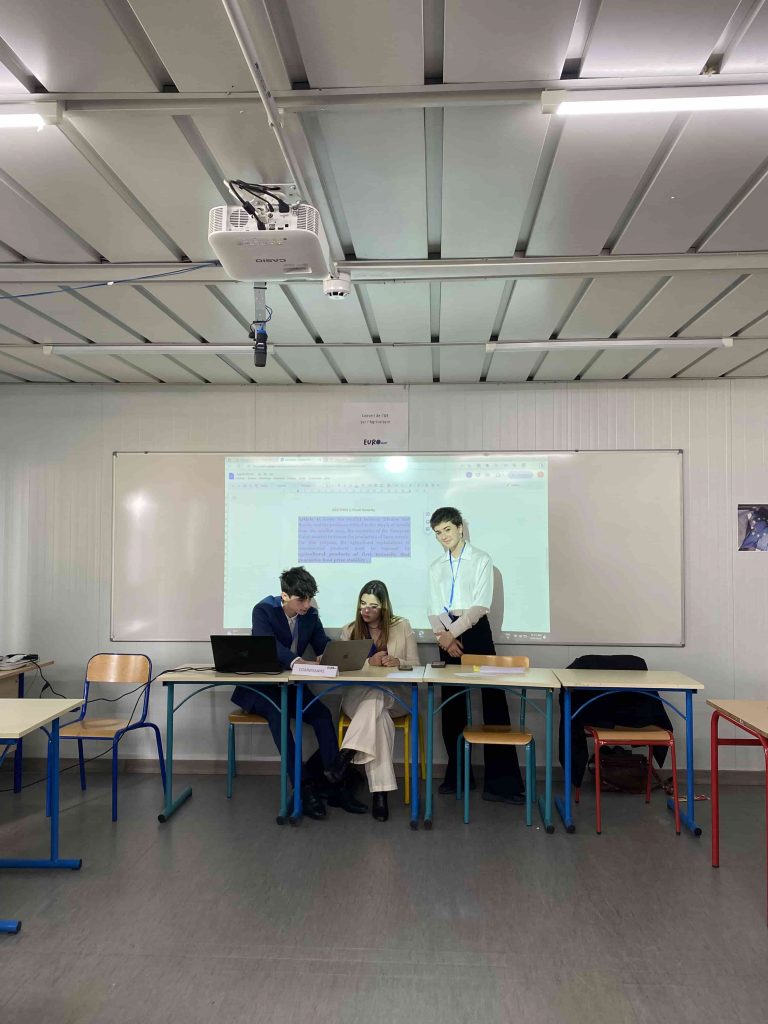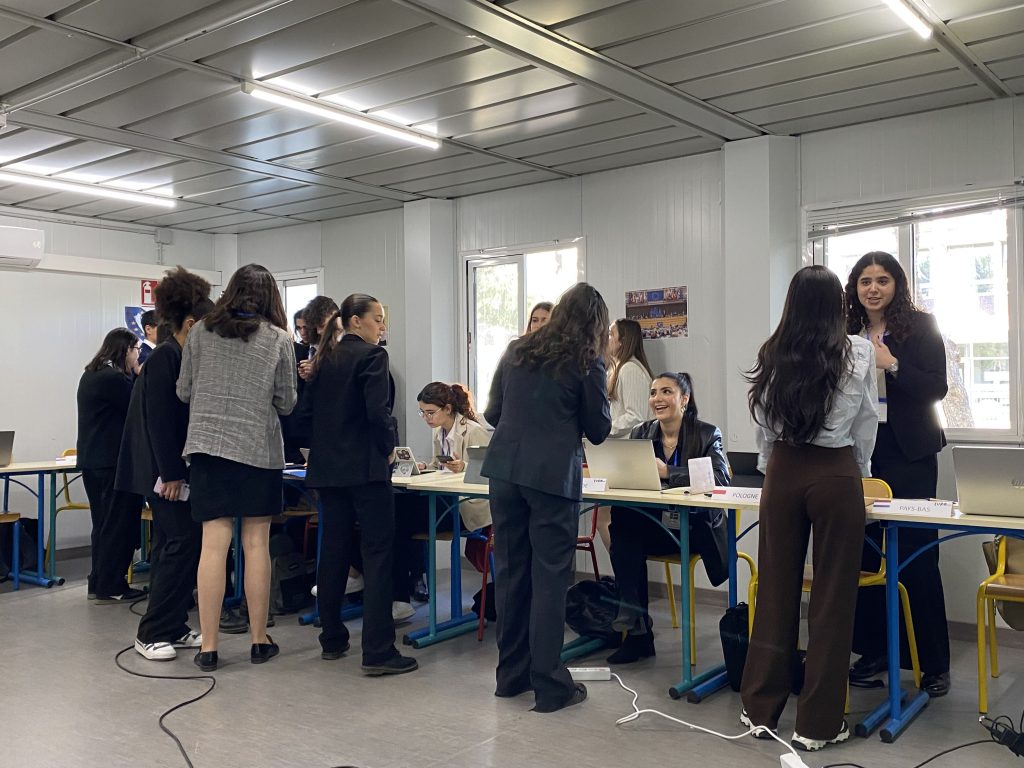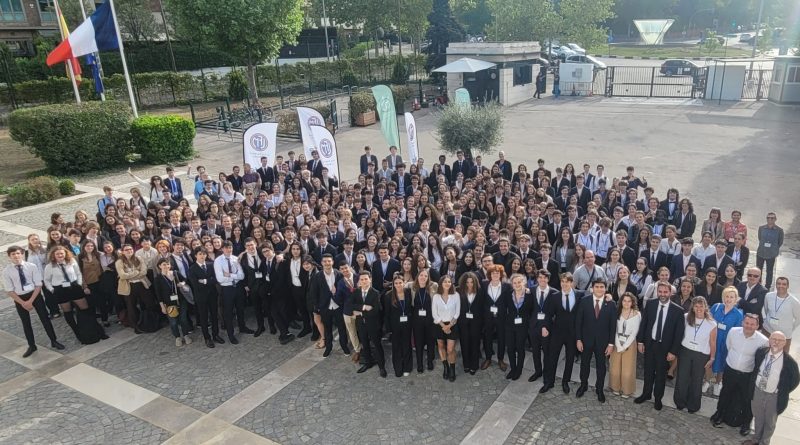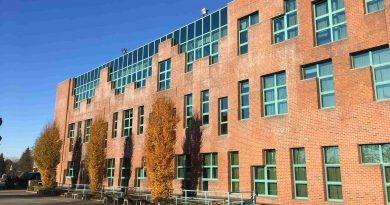Mr. Santini’s insight into EU’s agriculture
In Euromad 2023 the first day of debates, ought to bring with it great individuals. And Fabien Santini the Deputy Head of Governance of agri-food markets Unit at the Directorate-General for agriculture and rural development of the European Commission did not disappoint!

Mr. Santini opened his intervention, with the frank question of food security, throwing the delegates in at the deep end. He then proceeded to outline the three main challenges the policy faces: environmental, social and economic. Social challenges touch upon matters such as nutrition, EU citizen’s health and even the ever-growing issues of antibiotic resistance. The European Commission’s opinion stays the same: they cannot and will not cease to tackle the issue of food security. The debate the world keeps going back to, however, is about whether we prioritize affordability over food security. One example of approaching this dilemma would be by taking a quick look at the amount of global food waste. If we, as a society, managed to reduce it, the economy would benefit greatly. Moreover, to plainly demand from our society, from us as consumers, to change our ways is out of the question. A request like this would face widespread backlash. This highlights perfectly just how important diplomacy is in politics.
When faced with the question- how do we become less dependent on pesticides, while still ensuring sufficient food production- Mr Santini began by defining our current means of production. The inherent flaw in our system is that it inevitably leads to the degradation of our soil and natural resources. That’s why it won’t guarantee us food security. Furthermore, getting rid of pesticides won’t in any way decrease our production numbers. On the contrary it will support and sustain our pollinators, which are the backbone of all agriculture.

It was rewarding to observe delegates, applying new knowledge to steer the discussion to their advantage. Take Greece, for example, who argued that specializing in one type of crop, won’t be at all beneficial for the soil. Why? As the soil requires a variety of crops to be sown in order for it to retain its nitrogen. A process, described by Mr. Santini as crop rotation (dating back to the industrial revolution).
In the end though, Mr. Santini took us back to the notion of education in schools. The role it plays in improving the agricultural industry. Very fitting, in the sense that we are all, at the end of the day, just students in a classroom.
Laura DĘBSKA / S6PLA / EEB1 UCCLE




